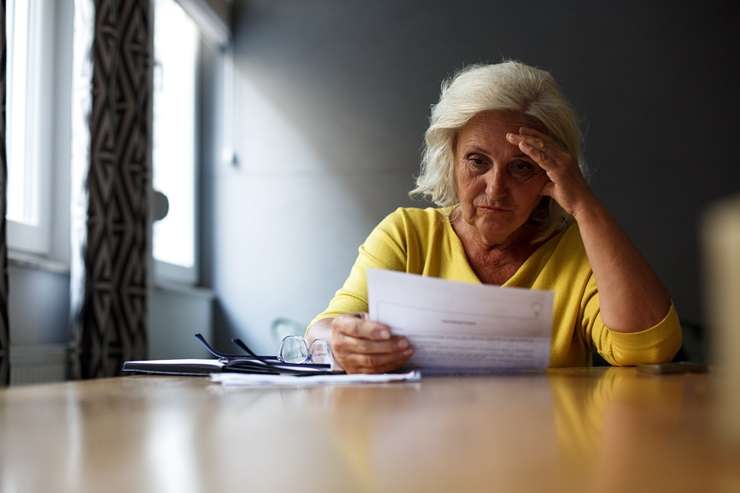Southland pensioners unable to afford the hike in council rates are considering selling their homes, concerned real estate commentators have told OneRoof.
In June, Gore District Council adopted an average 21.4% rates increase for the 2024/25 year, marking one of the highest rates increases in New Zealand. In its first three months since the decision, the council was in the process of helping hundreds of homeowners seeking a rates rebate.
Former Gore real estate agent Alister Hedley said he knew of cases where pensioners were so worried they couldn’t afford the new rates, they were planning to sell.
“They are looking at selling their properties because they can’t afford to pay their rates. It’s really tough on the pensioners, if you don’t have extra behind you,” he said.
Start your property search
“It’s hard for everybody around New Zealand but harder for these guys, especially with the rates going up.”
Gore Harcourts agent Zac Andrews said the rates increase was “a lot” and anticipated people living in smaller homes closer to town – such as local pensioners – would be hardest hit.
Discover more:
- Pavlova House snapped up for less than $2m - 'won't be back for another 30 years'
- 'As is where is' deceased estate sells for $376,500, money to go to charity
- Mike Hosking, please buy my house. You know you'll love it
Andrews knew of people selling where the increased rates were “definitely a contributing factor” but they were not the only reason, he said.
Fiona Scobbie, who left her real estate role in February, said there were people in the region who had only just been managing to make ends meet.
“Now, being whacked with that on top of the cost of living, there will definitely be people on that fixed income who will be struggling. It’s hard enough to get into a townhouse because the market out-priced itself a long time ago for the ones that have managed to get a home … you could say there will be a consequence.”
In August, 74-year-old Gore man Keith Herbert told the Otago Daily Times his rates bill was now 10% of his yearly pension. While he was not concerned for himself, he believed many others – especially those on a fixed income – would not be able to cope.
“They’ve got no shot of being able to pay the money, not a hope,” he told the paper.

According to market commentators, pensioners in Southland are worried about the state of their finances. Photo / Getty Images
Gore First National owner Graham Maxwell told OneRoof he’d heard of pensioners selling up but felt it was more a case of homeowners deciding to downsize rather than being forced to sell because of the rates bill.
Maxwell said the rates increase was upsetting for many with some “up in arms” about it.
Gore District Council chief executive Debbie Lascelles said it was not aware of any house sales that were a direct result of the rates increase.
However, as of September, the council had already helped 466 people with rates rebates for this financial year, she said.
Lascelles said the council had to face increases in costs “across the board at a rate much higher than household inflation”.
“This is predominantly driven by construction inflation which has been as high as 35%. Activities that rely on construction are the biggest budgets for our council – water, wastewater and roading.”
Lascelles said inflation in these areas impacted the council “even when we do not have programmed projects in these areas”.
“This has been a big driver for increased costs, alongside corresponding increases to contractor and maintenance costs, chemicals, increased interest on loans and increased insurance costs.”
Councils throughout New Zealand faced an average increase in rates of 15%.
Between 2002 and 2022, the average rates rise was 5.7% per year. In 2023, this was 9.8%. “Unfortunately, in small districts, there are less ratepayers to share these costs with and so inflationary pressures put a lot of additional pressure on ratepayers,” Lascelles said.
Age Concern Southland manager Janette Turner said any rates increase would affect older people in Gore or Invercargill, “especially if there is only one left in the house”.
Turner was not aware of examples but said the organisation was happy to help any older person who might be considering selling up. “The message to get out to them is ‘please look for support if you are concerned at the start’, as leaving things to see how you will manage often leads to a worse situation in the long-term,” she said.
- Click here to find properties for sale in Southland













































































